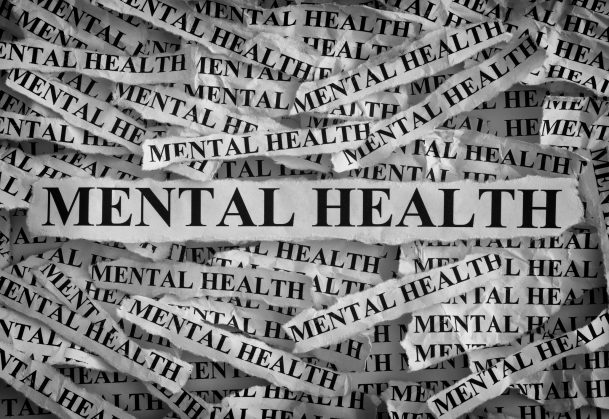
Mental illness refers to a state of being mentally challenged. It’s a collection of conditions that interfere with a persons’ thoughts, mood, and behavior. Mental illness does not only affect one’s normal activities, as other major health problems can also occur as a result of it.
However, mental illnesses are of different types and here’s a few of them explained below:
Clinical depression
This is the most common mental illness. It’s a state of being moody and losing interest in everyday activities. Sometimes sadness could be confused with depression. The significant difference is how these conditions affect everyday life. Patients might experience sleeplessness or sleeping too much, change in appetite, difficulties with concentration, etc. Depression makes people more susceptible to suicide.
Bipolar Disorder
This mental disorder leads to critical mood swings. This mood swings or change in energy level is between a manic high and a depressive lows.
Apart from genetics, other factors that are responsible for bipolar disorder is an altered brain structure and the immediate environment.
In a bipolar patient, depressive lows are usually accompanied by sleeping too much, low motivation and energy, and lack of interest in anything fun. These feelings could last for months and also lead to having suicidal thoughts.
Anxiety disorder
This is a mental illness that involves worrying too much, anxiety, or fear that interferes with daily activities. Anxiety disorders are caused by a compilation of stress from past traumatic life situations, for example, the death of a loved one, stress at work, accidents, physical abuse, or financial issues.
Autism (also known as autism spectrum disorder)
This is a significant developmental disorder that impairs the victims’ ability to interact with their immediate environment. The nervous system of people suffering from this disorder is the most affected. Symptoms usually include difficulty with social interactions, repetitive behavior, obsessive interests, and difficulty with communication. This condition usually develops from birth.
Treatment Options
Treatment for mental illnesses vary from disorder to disorder even though there is no sure way to treat mental illness completely; it can only be controlled. Here are some steps to keep symptoms in check;
Medication
There are different types of medication for a mental disorder, especially clinical depression
The SSRIs( selective serotonin reuptake inhibitors)
This eases symptoms of depressed mood and anxiety
Anxiolytic
These are anti-anxiety drugs that relieve anxiety and tension and might promote sleep.
Antidepressants
These are prevalent medications. It doesn’t cure depression, but it’s designed to relieve the symptoms
These medications have been known to work effectively. Unfortunately, they have debilitating side effects such as weight gain and sexual dysfunctions. This has discouraged continuous treatment.
Talk Therapy (Also Known As psychotherapy)
It involves talking to a health expert about your condition. It helps with learning about your condition, moods, feelings, thoughts, and behavior. With this, you know how to cope with and manage your stress.
There are different types of psychotherapy with different approaches to improving mental well-being. It could be a one-on-one session in a psychiatrist office or an organized group, or with family members.
It’s advisable to choose a therapist that you are comfortable speaking with and be confident that they can offer a great listening ear.
Brain-stimulation Treatments
These treatments are used for depression and other mental disorders. They are mostly used in situations where medications and psychotherapy didn’t work. They include electroconvulsive therapy, deep brain stimulation, and vagus nerve stimulation
Lifestyle And Home Remedies
- Stick to your treatment plan: make sure to go in for therapy sessions at all times and don’t skip medications. Skipping medications might bring symptoms back, and there’s a risk of withdrawal-like symptoms
- Avoid intake of alcohol
If you are addicted and finding it hard to quit, you should see a doctor or find a support group
- Exercise regularly
Physical activity helps ease tension and lift one’s mood. It also helps with managing the side effects of psychiatric medications that might cause weight gain. Just taking a walk from your house to the end of your street can make a difference.
.
Conclusion
If you notice any signs of mental illness, the first step to take is to talk to a therapist. The expert will help you understand whatever has happened in your life and how it has affected you or how it will affect you later on. You get to talk about your feelings in a safe space, and you also have someone that is ready to listen at all times.